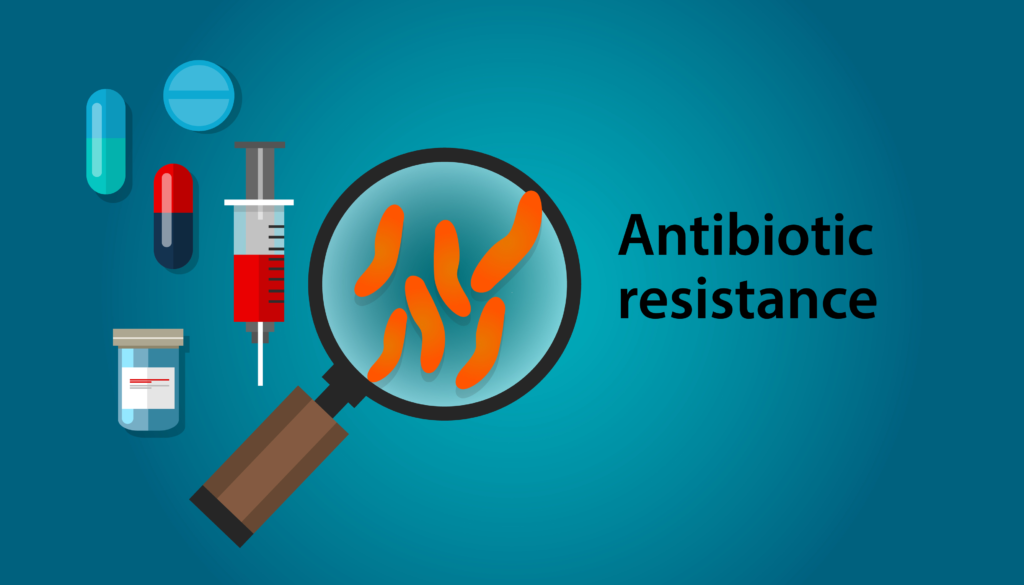
Introduction
Antimicrobial resistance (AMR) is a growing global health crisis that threatens to undo decades of progress in medicine. It occurs when bacteria, viruses, fungi, and parasites change over time and no longer respond to medicines designed to kill them. This phenomenon is driven by the misuse and overuse of antimicrobials, leading to the emergence of drug-resistant superbugs. The consequences of AMR are far-reaching, potentially reversing the gains made in treating infectious diseases and posing a significant threat to public health.
The Rise of Superbugs
The overuse and misuse of antibiotics have accelerated the evolution of drug-resistant bacteria. These superbugs, as they are often called, are increasingly difficult to treat, leading to longer hospital stays, higher healthcare costs, and increased mortality rates. Some examples of common infections caused by drug-resistant bacteria include:
- Pneumonia: A lung infection that can be caused by bacteria resistant to multiple antibiotics.
- Urinary tract infections (UTIs): Infections of the urinary tract that can be caused by bacteria resistant to antibiotics.
- Bloodstream infections: Serious infections that occur when bacteria enter the bloodstream.
- Surgical site infections: Infections that occur after surgery.
The Impact of AMR

The impact of AMR is far-reaching and extends beyond the healthcare sector. It can affect individuals, communities, and economies worldwide. Some of the key consequences of AMR include:
- Increased mortality rates: Drug-resistant infections can lead to severe illness and death, particularly in vulnerable populations such as the elderly, immunocompromised individuals, and children.
- Longer hospital stays: Patients with drug-resistant infections often require longer hospital stays, leading to increased healthcare costs and resource strain.
- Higher healthcare costs: The treatment of drug-resistant infections is often more expensive and complex, leading to higher healthcare costs for individuals and society as a whole.
- Economic burden: AMR can have a significant economic impact, affecting productivity, tourism, and trade.
- Social and ethical implications: AMR raises complex ethical questions about resource allocation, access to healthcare, and the development of new treatments.
The Role of Antimicrobials in Agriculture and the Environment
The overuse of antimicrobials in agriculture is another major driver of AMR. Antibiotics are used to promote growth and prevent disease in livestock, and they are also used to treat plant diseases. The widespread use of these drugs can lead to the development of drug-resistant bacteria that can spread to humans through the food chain or the environment.
Combating AMR: A Global Challenge

Addressing AMR requires a multi-faceted approach involving governments, healthcare providers, farmers, and consumers. Some of the key strategies to combat AMR include:
- Promoting prudent use of antimicrobials: This involves using antibiotics only when necessary, prescribing the correct antibiotic for the specific infection, and completing the full course of treatment.
- Strengthening surveillance and laboratory capacity: Effective surveillance systems can help track the emergence and spread of drug-resistant bacteria.
- Investing in research and development: Developing new antibiotics and other antimicrobial drugs is crucial to combatting AMR.
- Improving sanitation and hygiene: Good hygiene practices can help prevent the spread of infections.
- Educating the public: Raising awareness about AMR and its consequences can encourage individuals to make informed choices about antibiotic use.
- International cooperation: Collaborating with other countries to share information and coordinate efforts is essential to address AMR.
Conclusion
Antimicrobial resistance is a complex and urgent global health challenge that requires a concerted effort from all stakeholders. By promoting prudent antibiotic use, investing in research and development, and strengthening surveillance and prevention efforts, we can mitigate the impact of AMR and protect future generations. Sources and related content